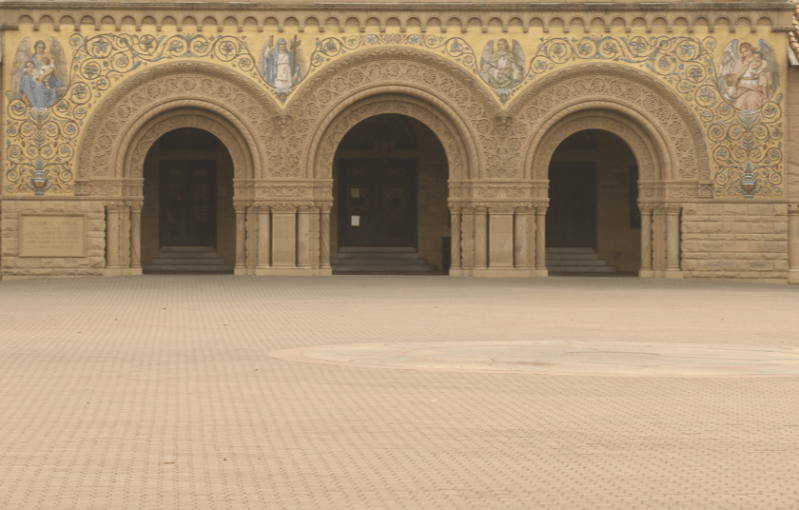Powerless in pandemic
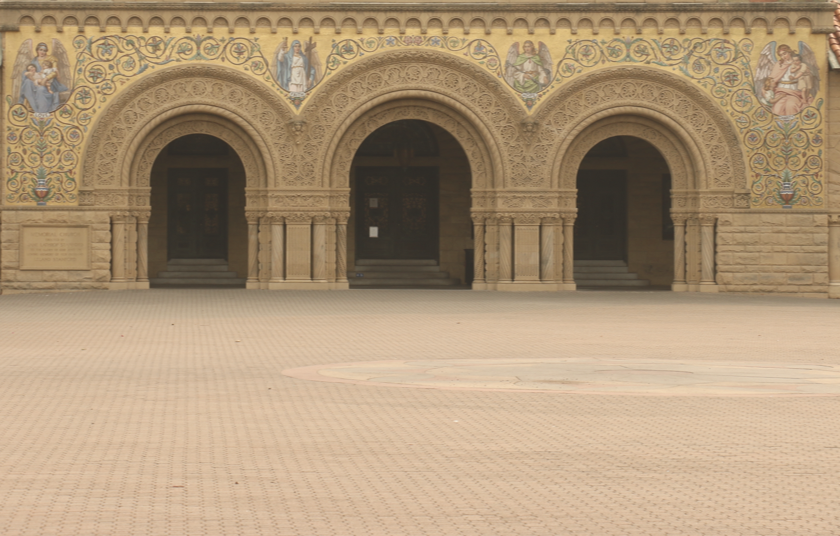
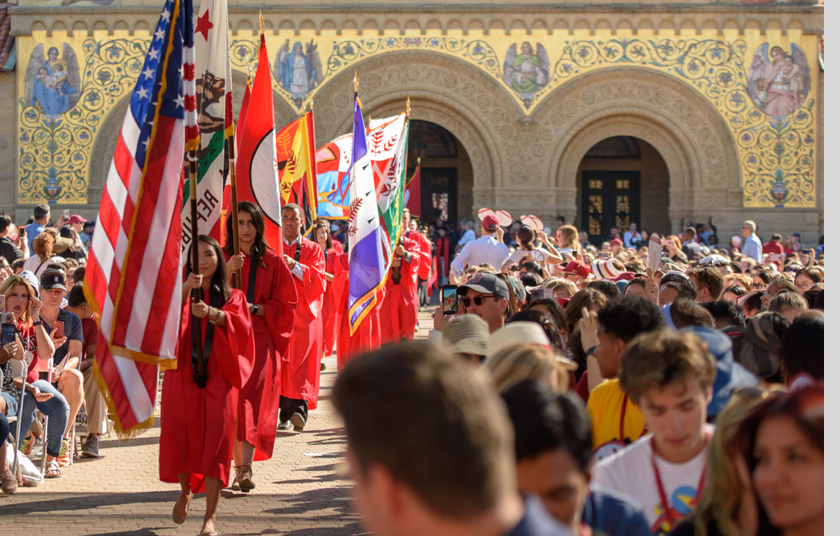
Frosh matriculating online face a double dose of uncertainty. There’s the looming specter of adaptation to a new environment entangled with the risk in a world that is unrecognizable from the one we knew before. I will not attempt to make lemonade out of lemons. Sure, we are living through history. Sure, the carbon footprint is decreasing. Sure, we have more time to spend with family. But let us not forget to name things as they are. The coronavirus pandemic is a terrible stroke of luck and a devastating, destructive force around the world. Many of my peers have attempted to masquerade the pain with memes and other lighthearted jokes, but the ugly reality is that we’re in this crisis for the long haul.
Not only is this pandemic interfering with our education, but it is interfering with our psychological and personal development.
If what gets measured gets managed, then perhaps what gets named gets understood. I think there is something powerful in labeling our experience of this pandemic as a kind of grief. Even if no one in your circle has died from the virus, there is no shortage of material to fuel a sense of loss. When everything’s tallied up, dining out, daily routines, concerts, the gym and hugs have all been suspended. Many student organizations are going to struggle to find a virtual substitute. These activities aren’t your relatives, but it is possible to grieve their temporary loss. Certainly, I experience a kind of anticipatory grief because of the virus, though I find myself in a relatively privileged position.
This was supposed to be our year. For so long, it seems, I have been awaiting 2020, expecting such a climax. Growing up, this decade had a mysticism to it because it seemed as exciting as it was distant. At last, I would be able to graduate from the school I had attended since junior kindergarten, and I would be able to transition to a new level of independence — and that’s the major issue. Not only is this pandemic interfering with our education, but it is interfering with our psychological and personal development.
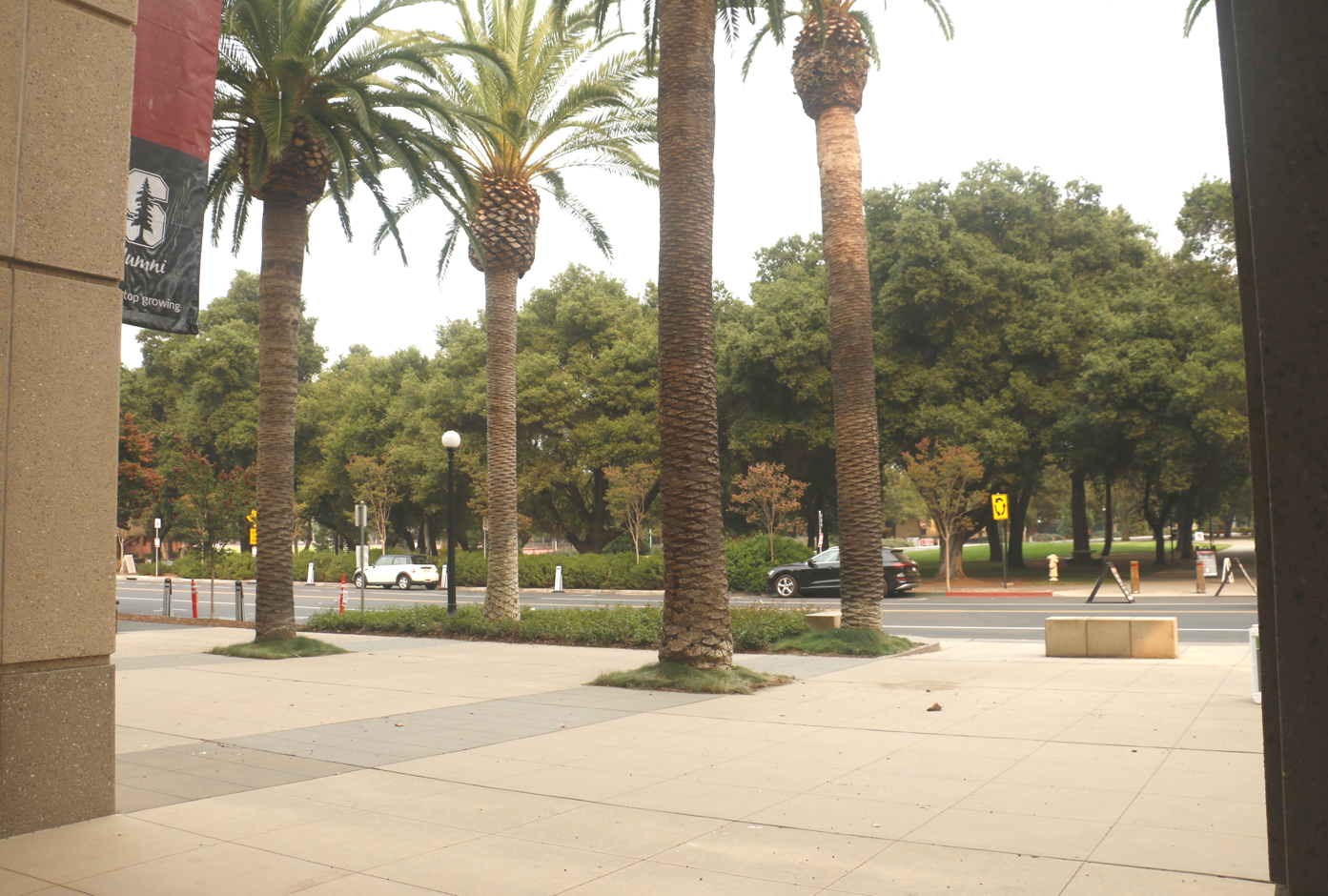

Living away from my family and hometown had the potential to be a difficult adaptation, but the silver lining was that it would force me to be responsible for picking up a number of life skills, including self-advocacy, resourcefulness and scheduling. Moreover, I was looking forward to the full physical change of scenery and the fresh start it brings, whereas with distance learning, I’ll still be sleeping in my childhood bedroom. Something about that isn’t right, considering that I am 19 years old. I’ll be spending my days staring at a computer screen, wondering about the lifelong bonding that could have been — sharing meals with others, exchanging funny stories about ourselves, coordinating shower times or poring over Dostoevsky during midnight conversations. Those experiences were supposed to fill the void left by living away from my family. Now what am I left with? Like a ghost suspended between worlds, it feels as though my high school experience is not quite ending, and my college experience is not quite beginning.
Since my expectations no longer square with reality, I’ll have to find new ways to cope. Normally, I would not be concerned about making friends. That’s a natural process that takes care of itself, in the lounge or between classes. Open dorm rooms and eager frosh are practically a recipe for new friendships. The idea of coming to Stanford thrilled me because for the first time in my life, I would be in an academic environment that I chose. My parents chose where I would go for my compulsory education. But at Stanford, I would have a breadth of people to potentially meet, instead of the 320 I knew in high school, and somewhere in there I could find my niche, and more importantly, I would learn about people from different backgrounds. I could just show up to New Student Orientation and let the wind blow me in whatever direction, and I would form relationships during band run or dorm chants, or simply by meeting my roommate, which Stanford so meticulously chooses. For a short period of time, after committing, this was all possible, and I could let my mind run wild. But at this point, 2,000 people are not going to be packed into the Memorial Auditorium for a while. Now I’m left looking for scraps of a social experience, and I will have to be more proactive in socializing. Or worse, I won’t socialize, precluding fate from bringing me and my would-be friends together.
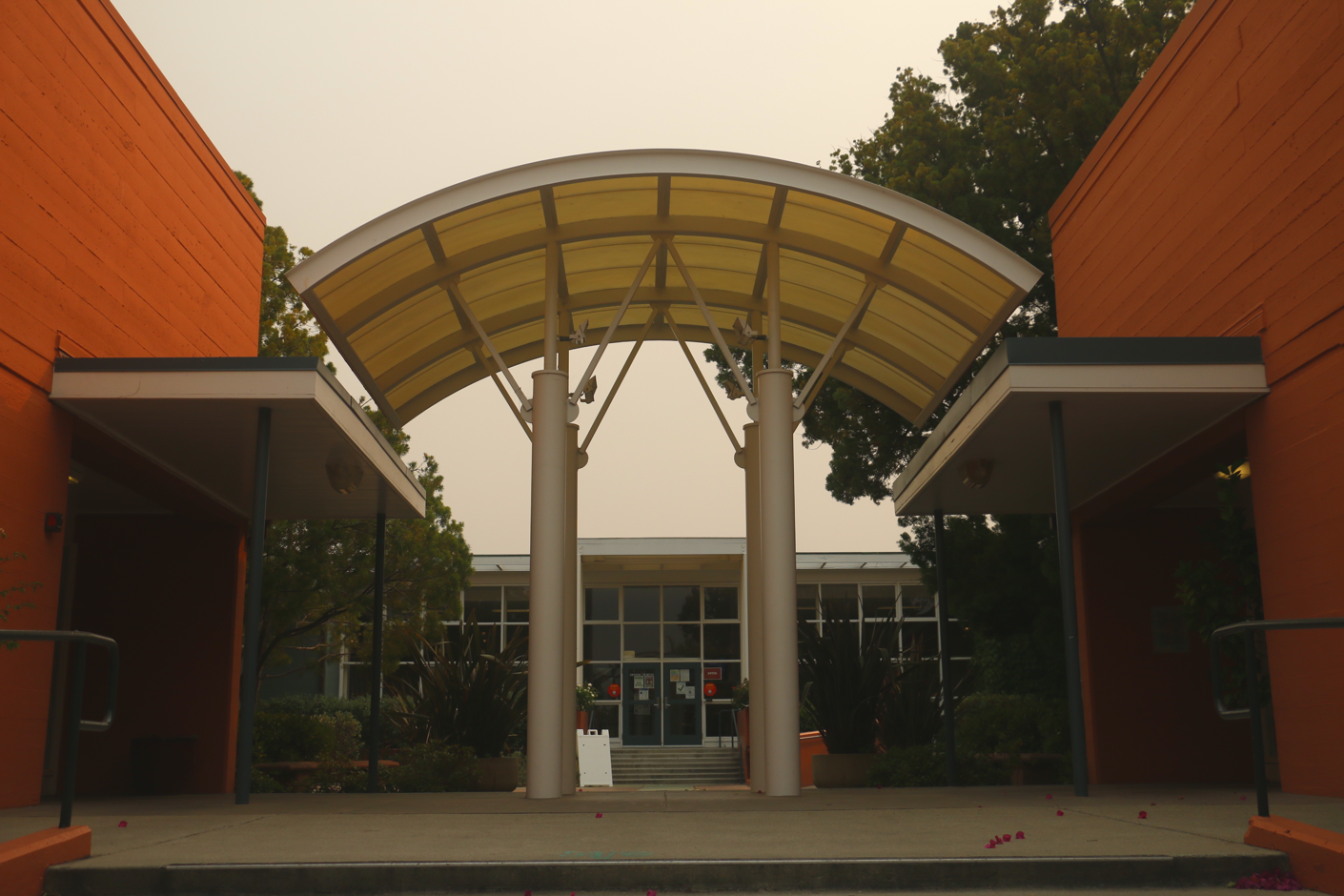
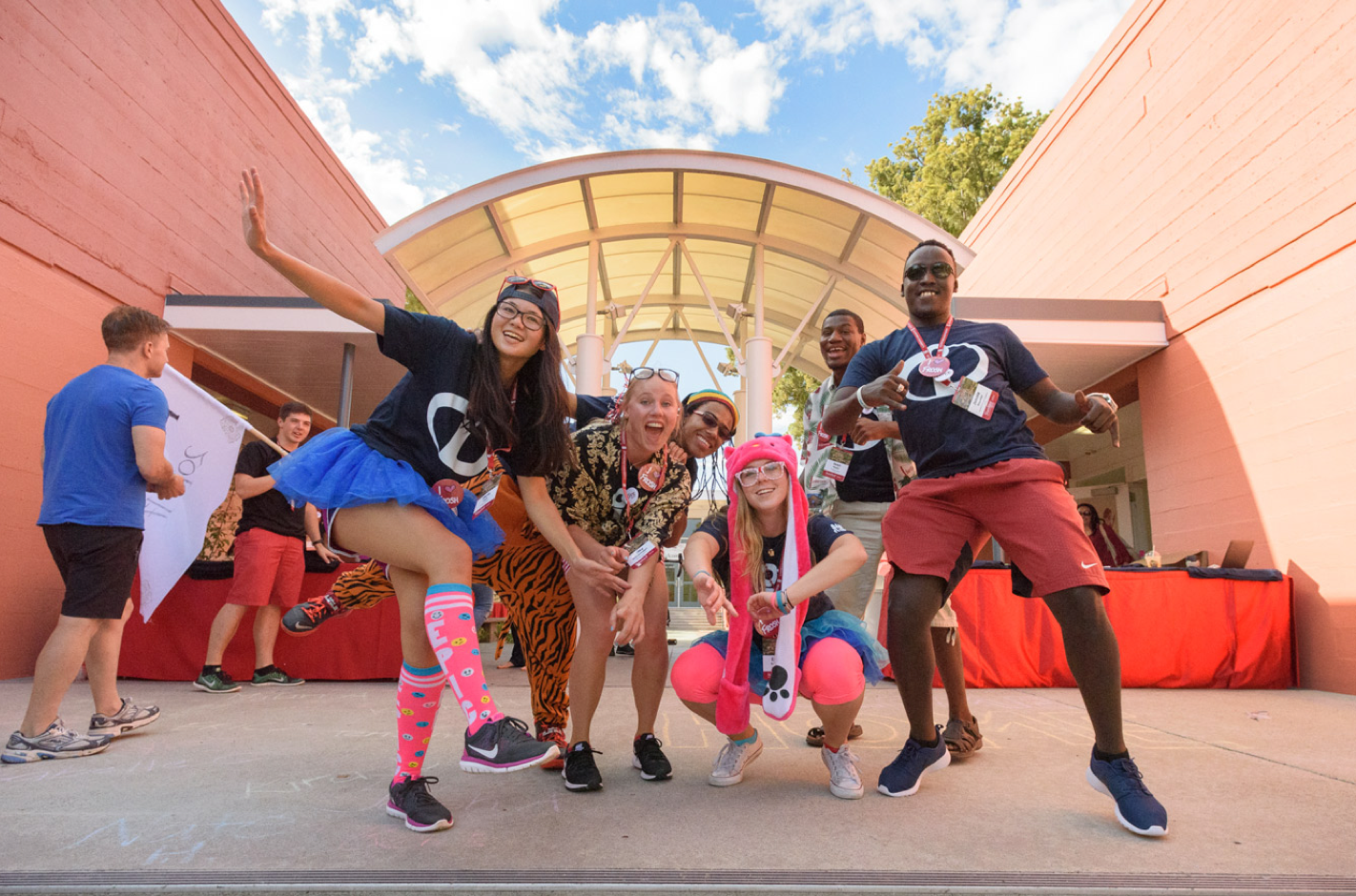
This anticipatory grief is the feeling that arises in your stomach when the future is uncertain. The feeling is typically centered around death and other existential thoughts like considering that one’s parents don’t live forever or that there may be an unidentifiable creature lurking under the cloak of night in one’s room. It is a sense that safety is not a guaranteed fact of life.
So there’s a terrible feeling in your stomach, and it seems that there’s nothing that you can do about it. What now? Recognize that the significance of an adverse event in life lies not in the event itself, but in your reaction to it. The trick here is to let go of that which you cannot control, even if it makes you feel temporarily powerless. Presumably, the vaccine is not your job to produce. Your job is to control what you can in your own life. You can take measures to stay six feet away from others. You can wash your hands. You can practice mindfulness. You can be compassionate toward others.
Now, I am not concerned about watching my peers walk on water while I haven’t dipped a toe. It seems foolish now that I ever felt that way, when I now wonder whether I will meet my peers at all.
The feelings of denial and anger are real, and with the news of the University going remote for the fall quarter, the road to acceptance of this world’s state is not an easy one. Certainly, I have not entirely accepted the reality. I still find myself trying to will normalcy into existence by actively resenting what’s right in front of my eyes. It is not easy to accept this state of affairs, nor is it easy to relinquish our delusions of control.
Before COVID-19 hit, I had one main budding fear about going to college, not several. I was thrilled to try my hand at new horizons after going to the same K-12 school since I was four years old. I knew I might face an increased workload or the existential proposition of deciding on a major, but what really concerned me was the prospect of inadequacy. Impostor syndrome syndrome is almost a trope at Stanford by now, but that truism did not allay what I felt. Now, I am not concerned about watching my peers walk on water while I haven’t dipped a toe. It seems foolish now that I ever felt that way, when I now wonder whether I will meet my peers at all.
There’s a lot to be said about chance interactions. I believe that, to some extent, our interactions require planning now instead of mere circumstance, and I am afraid that that will be enough of a deterrent to keep my class from adequately bonding in a meaningful way. My genuine hope, however, is that social life will thrive in spite of the pandemic. There’s only one way to find out if there will be a meaningful social life, but here’s something that I already know: We are a school full of wonderfully compassionate, creative and industrious people. Already, projects such as Club Cardinal have sprung up to create a sense of virtual community. Let’s not forget that this community, while virtual, is still comprised of the exceptional people that make Stanford what it is.
It’s only a matter of time before we use our resilience and problem-solving skills to adapt to the limitations that we face. Sure, with current technology there is no replacement for the in-person experiences of table tennis, campus hotspots or unscripted, conventional social events, but at least I can expect with a fair amount of certainty that, when in-person activity begins anew, students will not take for granted the wonderful opportunities they have.
Relative to a four-year college experience, an initial chunk of virtual learning will not entirely derail everything we hope to accomplish and experience at Stanford. And when we eventually return to campus, there will be a new frame of mind. After being starved of regular, day-to-day experiences, we will find within us the heightened motivation to make the most out of our time here while it lasts.
Contact Matthew Turk at mjturk ‘at’ stanford.edu.
